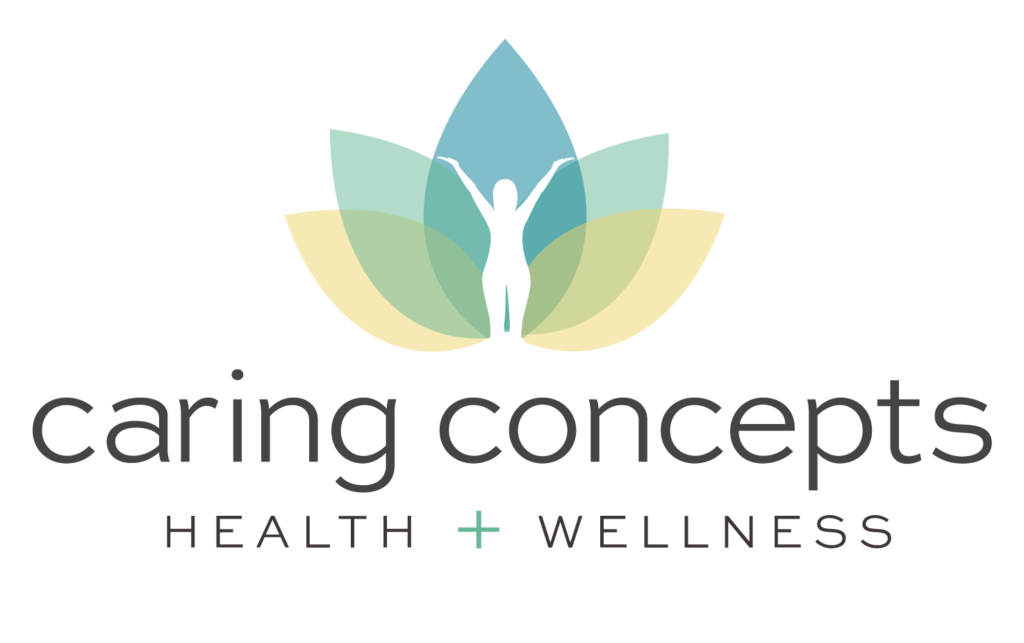Unraveling the Benefits of Plant-Based Diets for Healthy Weight Loss
In the quest for healthy weight loss, one dietary approach that has gained significant traction is the plant-based diet. This lifestyle centers around incorporating whole, nutrient-rich plant foods while minimizing or eliminating animal products. What sets this approach apart is its emphasis on embracing a new way of eating, gradually integrating plant-based foods into your meals for sustainable results.
1. Nutrient-Rich and Low in Calories
Plant-based diets are inherently rich in vitamins, minerals, and antioxidants, while often being lower in calories compared to traditional diets. Fruits, vegetables, whole grains, legumes, nuts, and seeds dominate this dietary pattern, offering a wide spectrum of nutrients that fuel your body and support overall health. By focusing on these foods, you naturally consume fewer calories while feeling satiated, which is a cornerstone of effective weight loss.
2. Embrace Slow and Mindful Transition
Transitioning to a plant-based diet doesn’t require an overnight overhaul. In fact, the most successful transformations occur through a gradual and mindful approach. Start by incorporating more fruits and vegetables into your meals, gradually reducing animal products over time. Replace meat with protein-rich plant sources like beans, lentils, and tofu. Swap refined grains for whole grains like quinoa, brown rice, and whole wheat. This gradual shift not only eases the transition but also allows your taste buds and digestive system to adapt.
3. Focus on Whole Foods
Plant-based diets encourage the consumption of whole, unprocessed foods. This means steering clear of highly processed snacks (i.e anything that comes in a bag with ingredients that are not found in nature!) and opting for nutrient-dense choices. Whole foods not only support weight loss but also enhance your overall well-being by providing a wealth of fiber, essential nutrients, and a variety of flavors and textures. Experiment with different recipes that incorporate grains, vegetables, legumes, and plant-based fats for a satisfying and nourishing dining experience.
4. Customization and Balance
One of the beauties of a plant-based diet is its flexibility. Whether you choose to go fully vegan or embrace a more flexible approach, the key lies in finding what works best for you. Strive for balance by including a variety of plant foods that provide the nutrients your body needs. Incorporate protein-rich options like beans, lentils, nuts, and seeds, and ensure you’re getting ample vitamins such as B12, vitamin D, and omega-3 fatty acids through fortified foods or supplements.
A plant-based diet holds immense potential for healthy weight loss. By embracing this lifestyle and gradually incorporating more plant foods into your meals, you embark on a journey of nourishing your body, boosting your health, and achieving sustainable weight management. Remember, the transition doesn’t have to be abrupt – take your time, savor the process, and relish in the positive changes you’ll witness along the way.


